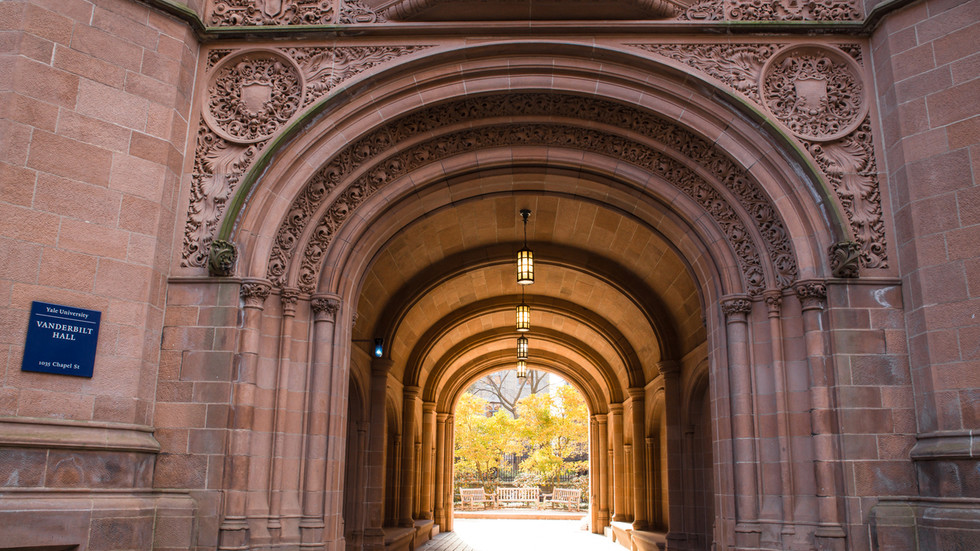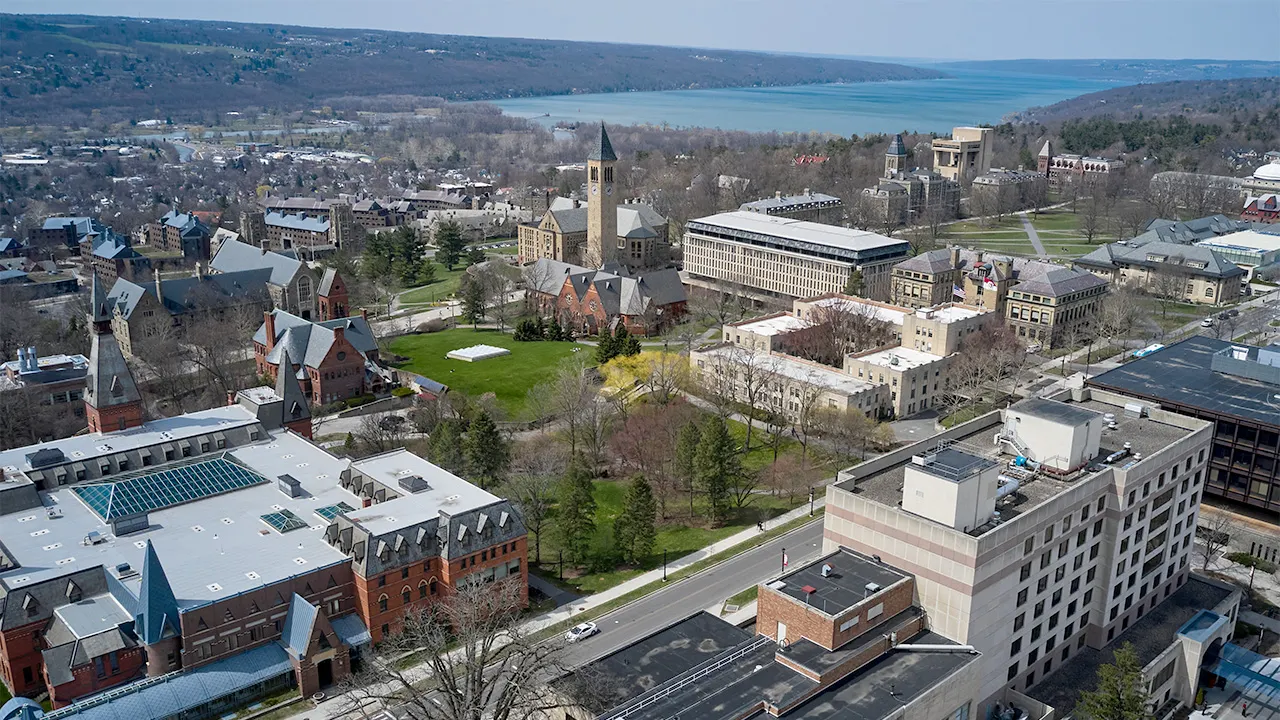Christian Colleges Challenge Minnesota’s Exclusion from Dual Enrollment Program
In a significant legal development, a coalition of Christian colleges in Minnesota has initiated a lawsuit against the state’s education system for their exclusion from the dual enrollment program. This program, which allows high school students to earn college credits while still in high school, has been a point of contention, and the implications of this legal challenge raise important questions about inclusivity, educational equity, and the future of academic partnerships in Minnesota.
The Dual Enrollment Program: A Brief Overview
The dual enrollment program is designed to provide high school students with the opportunity to take college-level courses. This initiative has gained popularity across the United States, allowing students to accelerate their education and ease the financial burden of college tuition. In Minnesota, the program is well-established and has been instrumental in helping students achieve academic success.
However, the current structure of the program limits participation to certain institutions, primarily public colleges and universities. This exclusion of private institutions, particularly Christian colleges, has raised eyebrows and sparked debate among educators, students, and parents. Advocates for inclusivity argue that this limitation undermines the spirit of educational partnership and collaboration.
The Legal Challenge: What Led to the Lawsuit?
The lawsuit filed by the Christian colleges stems from what they describe as an unfair barrier to educational opportunities for students. These institutions argue that their exclusion from the dual enrollment program not only limits choices for students but also violates principles of equity and fairness in education.
In their complaint, the colleges assert that Minnesota’s educational policy should reflect the diverse landscape of higher education institutions within the state. They contend that Christian colleges offer unique educational experiences, values-based curriculums, and supportive communities that can greatly benefit high school students. By excluding these institutions, they argue that the state is denying students the chance to explore a broader range of academic options.
The Impact on Students and Families
The ramifications of this exclusion extend beyond the institutions themselves. Many students and their families are affected by the limitations imposed by the current dual enrollment program. For students attending Christian high schools, the inability to enroll in courses at nearby Christian colleges means they miss out on valuable opportunities to earn college credits in a familiar environment that aligns with their values.
Furthermore, the financial implications are significant. Students who could benefit from the dual enrollment program often find themselves facing higher tuition costs when they eventually enter college. By allowing Christian colleges to participate, students could potentially save money and graduate earlier, easing their financial burden.
Broader Implications for Educational Partnerships
The lawsuit highlights a critical conversation about the nature of educational partnerships in Minnesota. As the landscape of higher education continues to evolve, the need for collaboration between public and private institutions has never been more apparent. The exclusion of Christian colleges from the dual enrollment program raises questions about how the state defines educational equity and access.
In a rapidly changing educational environment, it’s essential for policymakers to consider the diverse needs of students and the variety of educational institutions available. By fostering inclusive policies that embrace all types of colleges, Minnesota can ensure that students have access to the best possible educational resources.
Support from the Community
The coalition of Christian colleges has received significant support from various stakeholders, including parents, educators, and community leaders. Many argue that the exclusion from the dual enrollment program contradicts the state’s commitment to providing equitable educational opportunities for all students.
Local businesses and organizations have also rallied behind the cause, recognizing the value that a diverse educational landscape brings to the community. Supporters of the lawsuit emphasize that inclusivity in education not only benefits students but also enriches the community as a whole by fostering a more educated and engaged populace.
Looking Ahead: What’s Next for Minnesota’s Dual Enrollment Program?
The outcome of this lawsuit could set a significant precedent for the future of Minnesota’s dual enrollment program and educational policy as a whole. If the courts rule in favor of the Christian colleges, it could pave the way for greater inclusivity, allowing more institutions to participate in the program and offering students a wider array of choices.
Moreover, a favorable ruling could inspire similar movements in other states where private colleges face exclusion from state-sponsored educational initiatives. This legal challenge may ignite a nationwide conversation about the importance of collaboration and inclusivity in education, prompting policymakers to reevaluate existing frameworks and open doors to new partnerships.
Conclusion: The Importance of Inclusivity in Education
The legal action taken by Christian colleges against Minnesota’s exclusion from the dual enrollment program underscores a vital issue in the realm of education: inclusivity. As educational institutions aim to provide the best possible opportunities for students, it is crucial to consider the diverse needs and backgrounds of all learners.
By embracing a more inclusive approach to educational partnerships, Minnesota can lead the way in ensuring that every student has access to a variety of academic experiences that align with their values and aspirations. The outcome of this lawsuit will not only impact the participating colleges but will also resonate throughout the educational landscape, shaping the future of dual enrollment programs across the nation.
As the legal proceedings unfold, the eyes of educators, students, and policymakers will be on Minnesota, eager to see how this pivotal moment will redefine the principles of access and equity in education.
See more TED Talks World



